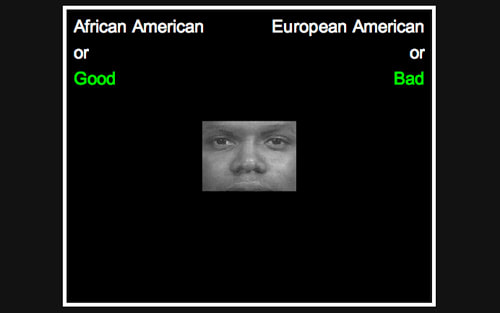|
If the social science community had to pick one person best suited to answer this question, it would probably be Betsy Levy Paluck. Professor of Psychology at Princeton University, MacArthur Award Winner, and Deputy Directory of the Center for Behavioral Science & Policy, Betsy has spent decades investigating the efficacy of prejudice reduction strategies. Her work breaks through the mold of traditional social science in an effort to figure out "what works" not just in the laboratory but in the real world. From ground-breaking field research in Rwanda to a comprehensive review published in 2009 with Donald Green, she and her collaborators seek answers to the most difficult applied questions on prejudice reduction. The talk below, based in part on her recent publication in the Annual Review of Psychology, skillfully outlines the research landscape on the subject. This includes prejudices entangled in race relations here in the US, longstanding conflicts between Christians and Muslims in the Middle East, and other deep-seated divides that to some seem insurmountable. It's a surprisingly concise 45 minutes. Can social science help answer the public's call for reducing prejudice in society? Betsy addresses these questions and more in her talk hosted by the Behavior Change For Good Initiative at the University of Pennsylvania.
For more videos in their excellent Virtual Seminar Series, please visit their YouTube Channel. Betsy's work is also referenced in an Episode of our Podcast: "Walking the Walk with Gordon Kraft-Todd."
0 Comments
The science of implicit bias has revealed tremendous insights about how humans tick.
I've personally worked on a few of these studies - including a 2019 meta-analysis on the predictive validity of the IAT (the Implicit Association Test). This is the measure used to assess implicit bias. The IAT has its uses, and it has its abuses. Researchers familiar with this measure have long cautioned against its use as a diagnostic tool, citing a lack of reliability as a primary concern. While many agree there is a need for better training and bias-reducing policies among the nation's law enforcement, what exactly this should look like is the more difficult question. One thing is clear: California's recent law that requires IAT-based screenings for police sits at odds with the advice of scientists and those most familiar with implicit bias. It also stands to frustrate the law enforcement community.
What Does Work
Instead of instituting the policy above, California's legislators might want to take a page out of neighboring Las Vegas's playbook. Their police department successfully implemented real steps last year to reduce negative police-citizen incidents. "In an effort to cut down on high-adrenaline encounters—where police officers are more likely to rely on stereotypes—Goff urged the Las Vegas Police Department to bar officers involved in a foot pursuit from handling suspects when the chase ends. The policy led to a 23% drop in use of force at the department, an 11% reduction in officer injury and a simultaneous drop in racial disparities in use of force data" (Abrams, 2020).
Goff, referenced above, is psychologist Phillip Atiba Goff, PhD., of Yale University, who works with the Center for Policing Equity (CPE) to develop practical strategies that have helped departments across the US meet their goals for more equitable, evidence-based policing. Read more about these promising developments in a recent release from the American Psychological Association (APA)'s Zara Abrams, who breaks down "What works to reduce police brutality" in an October 2020 issue of Monitor on Psychology.
See For Yourself - Try an IAT Online
You can take an Implicit Association Test (IAT) right now at the website Project Implicit. 
This is a screenshot of an implicit association test (IAT) in progress on the website Project Implicit. The IAT utilizes response latency as an indicator of the strength of a mental association. Therefore, the test is based on the assumption that the strength of a mental association is manifest in one’s reaction time when making associative categorizations using keys on a keyboard. For instance, if Charlie is faster at categorizing European-American images with European-American labels when they’re paired with the word “Good”, than he is at categorizing African-American images with African-American labels when they’re paired with the word “Good”, then Charlie is said to have a more positive implicit attitude toward European than African-Americans.
|
Archives
September 2023
Categories
All
|





 RSS Feed
RSS Feed